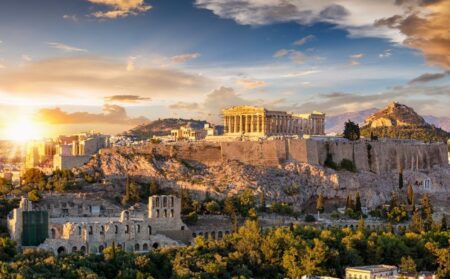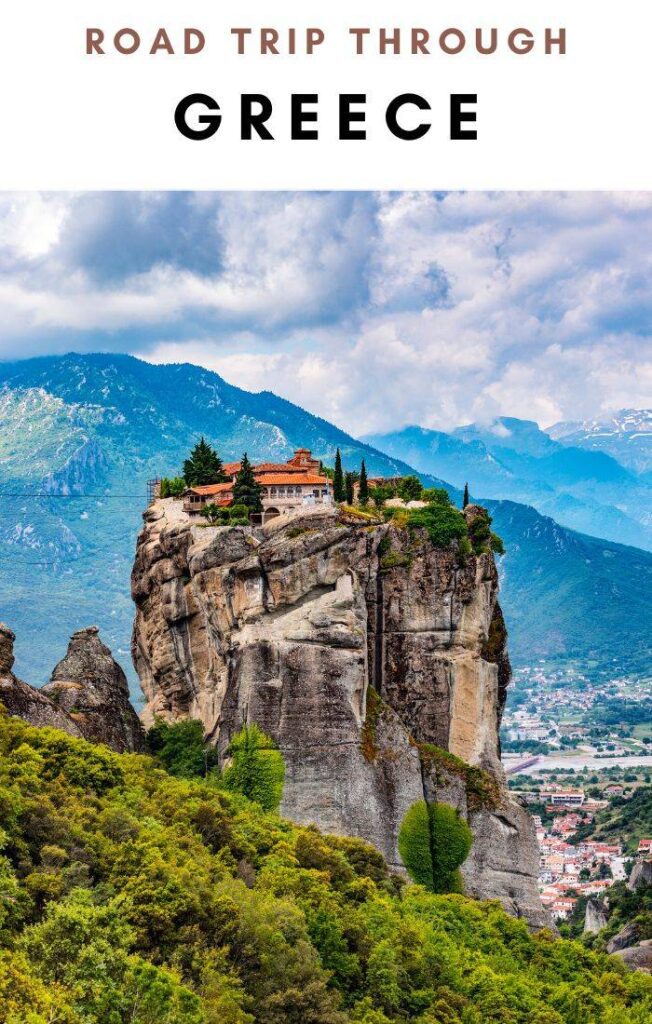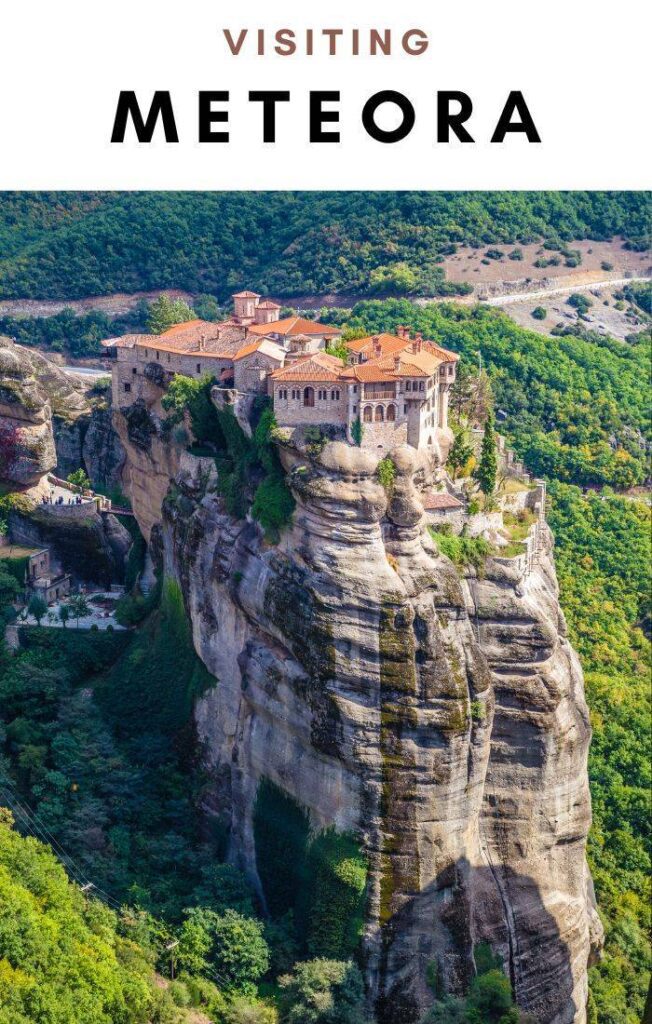Trivia Pills: 10 interesting facts about Greece
These small snippets are extracted from longer posts on Greece. Be sure to check out the Greece page for more information and articles.

history
#1 – A land of legends

Greek mythology is in a class of its own.
Oedipus complexes, Trojan horses, taking a bull by its horns, a Midas touch, the Achilles heel, Minotaurs, and Icaruses. All these common phrases lead back to mythical and awe-inspiring tales of heroes, fierce battles, monster creatures, and cruel and fickle deities. So powerful is the lore that we know that Santorini/Thira is not the ancient lost city of Atlantis, yet we still search for it, fascinated by the ancient tales.
The abyss of Greek mythology and lore is never-ending, with ancient chaotic beings fighting the Olympian deities in world-shattering battles over their dominion on Earth.
Giant family trees with beings that personify every aspect of the human psyche, society, and natural world are used to this day to describe archetypes and baselines of psychology, art, theater, and philosophy.
society
#2 – Kyanos Blue

The blue color (kyanos) is believed to protect against evil spirits. It can be found in the iconic white houses with blue doors and roofs and is also on the famous pendants used to ward off the “evil eye” (mati). The mati pendants have origins dating back to the 6th century BC.
Speaking of superstitions, the ancient Greeks also did not eat beans, as they believed that the grains contained the souls of dead people.
history
#3 – The mighty capital of Athens

Athens is Europe’s oldest capital and its origins date back more than 3400 years ago. It has been inhabited continuously for 7000 years. It eventually became the most powerful polis or city-state in ancient times, with one of the first and most developed forms of democracy.
Its name comes from the patron goddess Athena, who, according to mythology, won the competition against her brother Poseidon, on which God would have been the city guardian, by gifting the incredibly important olive tree to the city’s citizens.
Athens has more theatres (which itself is a Greek word) than any other city in the world.
Towering over the capital, the Acropolis (“highest point”) hosts the Parthenon, one of the most recognizable temples in the world and widely considered one of the most advanced forms of ancient architecture and artistic proportions. It almost became one of the “New 7 Wonders of the World” (but Mexico’s Chichén Itzá made it to the list, and don’t even get me started on Christ the Redeemer). Throughout its history, the Parthenon has been turned into a Christian church, a mosque, had its marbles stolen and was even blown up when Greece was under Ottoman rule.
society
#4 – Liquid gold

According to Greek mythology, the goddess Athena gave the first olive tree to Athens before it spread to the rest of Greece. As such, olive trees were considered gifts from the gods.
Today, Greece is the third-largest producer of olives and one of the largest producers of olive oil, with more than 430,000 tons produced annually.
The country has the largest consumption and use of olive oil in the world, with women even using it as skin care.
history
#5 – A country of firsts and an unrivaled ancient history
With more than 7,000 years of history and widely considered the cradle of Western civilization, Greece oozes antiquity and the pervasive feeling of being where it all began.
From the first democracies and political systems that have influenced the world for millennia to the origins of philosophy and math, Hippocratic oaths, and the advances in modern medicine The first Olympic games at ancient Olympia were the first “marathon” by the poor Pheilippides, the messenger who ran 40 kilometers to announce the victory at the battle of Marathon. The first computer, in the form of the “secret” and obtuse ancient artifact of the Antikythera mechanism, was used for astronomical calculations.
The country hosts 18 Unesco sites and has more archaeological museums than any other country in the world, and at many sites, it is forbidden to wear high heels to avoid damaging the monuments and ruins.
history
#6 – It’s all Greek to me

Our alphabet derives from Greek, with the word “alphabet” taken from the first two letters of the Greek alphabet, alpha (α) and beta (β),
The Greek language is one of the oldest languages still in use, and has been used continuously for the over 5000 years.
A vast majority of Latin-based languages and clearly also English have a large vocabulary based on Greek root words. In the case of English, over 150,000 words have Greek origins.
country
#7 – A rugged landscape of islands and mountains kissed by the Sun

Greece is blessed by almost constant sunshine with 250 sunny days per year (300 on some islands).
The country is 80% mountainous and comprises over 6000 islands.
The country has 16,000 kms of coastline, making it the 10th country with the longest coastline in the world.
society
#10 – Eastern Orthodox Christianity is the main religion and Easter is more important than Christmas
90% of the population is Christian Orthodox. Orthodox Christianity is the third-largest denomination of Christianity and has ancient roots dating back to the early years of the religion. The church split from the Roman Catholic Patriarch during the “Great Schism”.
Easter for example, is celebrated similarly to a great mourning for the death of Christ but is followed by big festivities to celebrate the resurrection and is seen as a great victory and ascension over earthly shackles.
The religion has more mystical aspects to it and, being orthodox, a more strict interpretation of the original dogmas and creeds.
history
#10 – Greece is not Greece
Greece comes from the Latin word Graecia, literally meaning “land of the Greeks”, but in ancient times and to this day, the real name of Greece is Hellas. Today, it’s officially called the Hellenic Republic.
In the Greek flag, the nine horizontal lines alternating blue and white are said to represent the syllables on the country’s motto, Eleftheria i Thanatos (“Freedom or Death”, which by the way is the most badass cry to independence and superiority over others). The cross on the corner recalls the cross and its deep ties to the Greek Orthodox Church.
society
Bonus
Greeks wave with the palm closed and waving with the palm opened and the fingers extended is considered an insult.




